Can 911 Respond to Mental Health Crises?
Up to 15% of calls to 911 involve people having a mental health breakdown, yet many call centers, especially in rural areas, have no one with any training on what to do or who to dispatch in those cases.

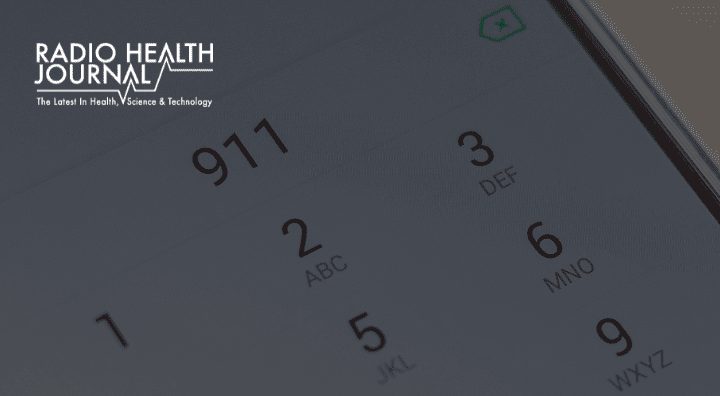
Up to 15% of calls to 911 involve people having a mental health breakdown, yet many call centers, especially in rural areas, have no one with any training on what to do or who to dispatch in those cases.

Hoarding disorder affects at least five percent of Americans, and despite TV programs showing its effects, it is still widely misunderstood.

A new finds that patients showing up at rural hospital ERs have extremely similar outcomes compared to patients in urban-area ERs. Then, new research sheds light on why more girls don't go into STEM. Plus, pandemic depression linked to sitting and lack of activity. And finally, Alexa and Siri aren't very helpful when it comes to health.

Medicine in intensive care units has become so technically focused that many doctors believe they’ve lost their connection with the humanity of patients, and a high degree of patients are experiencing post intensive care syndrome.
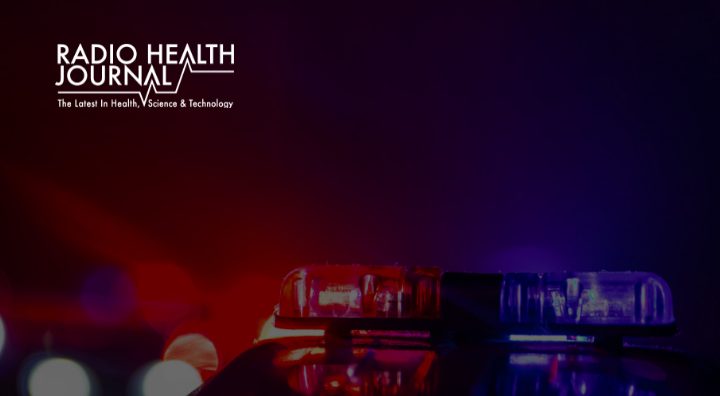
Many patients arrive in the emergency room as a result of violence or car crashes—events in which police have an investigative interest. Sometimes, police needs clash with trauma care, and priorities are hashed out case by case. Experts discuss which priorities come first and when, and the procedures needed to smooth out sometimes contentious interaction.
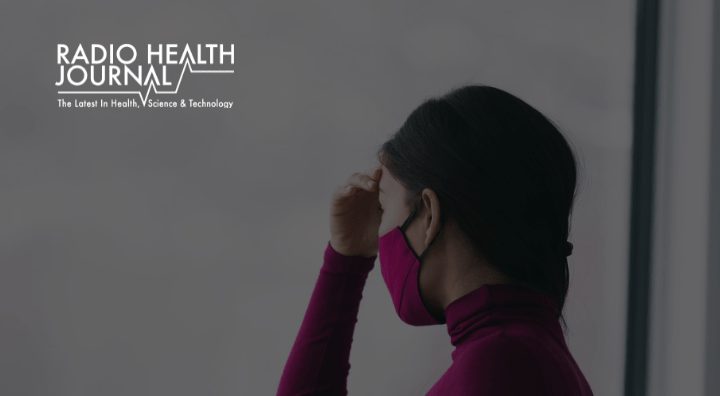
Studies show that as many as a third of people who were very ill with Covid-19 later develop PTSD. Caregivers and health care workers may be afflicted as well. An expert discusses how this develops and what people can do to get better.
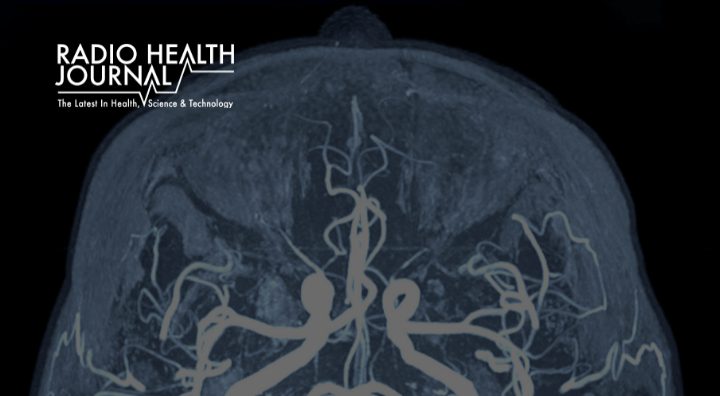
Brain aneurysms—bulging in a brain blood vessel, like an inflated balloon—affect 1 in 50 people and are generally without symptoms until they burst. This occurs in about 30,000 people per year in the US, accounting for 3-5 percent of all new strokes. Here is the story of one survivor in her own words.
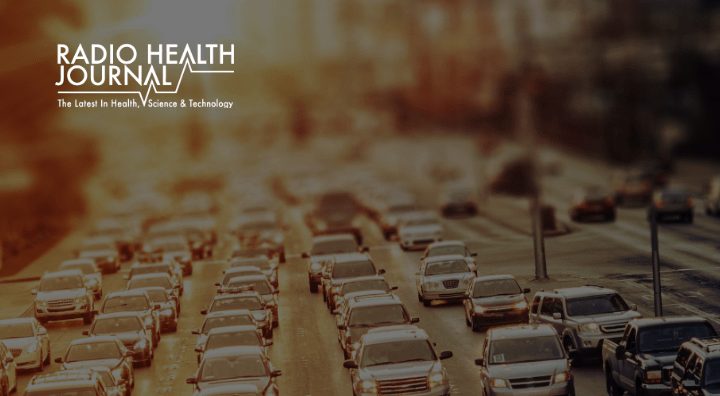
The number of cars on the road has been dramatically lower during the pandemic, yet the number of crash deaths has actually increased. That means the number of crashes and traffic deaths per mile driven have skyrocketed. Experts discuss this unprecedented scenario and what we can do about it.
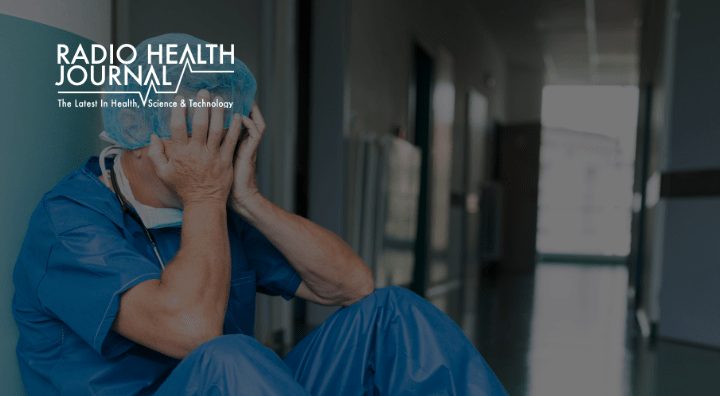
Healthcare workers in ER’s and ICU’s are in their 11th month of fighting Covid-19 and its exhaustion and depression. Two front line doctors describe how they’re managing to stay optimistic amid so much chaos, and how the vaccine has given them a goal keeping them afloat.

A study that vaping among teenagers is a huge risk for Covid-19. Then, a study that evaluates injuries from ATV crashes. Plus, a study that shows that knowing the facts about the pandemic reduces the stress that people feel about it. And finally, you may have seen headlines recently that wearing a neck gaiter for a face mask is worse than no mask at all - a …

Doctors are still learning about Coronavirus and some of what they’re finding is confusing. Then, many first responders to the 9-11 attacks in New York have brains that have aged 10 years more than normal. And finally, a study shows that people over six feet tall are at a higher risk of being diagnosed with Covid-19.
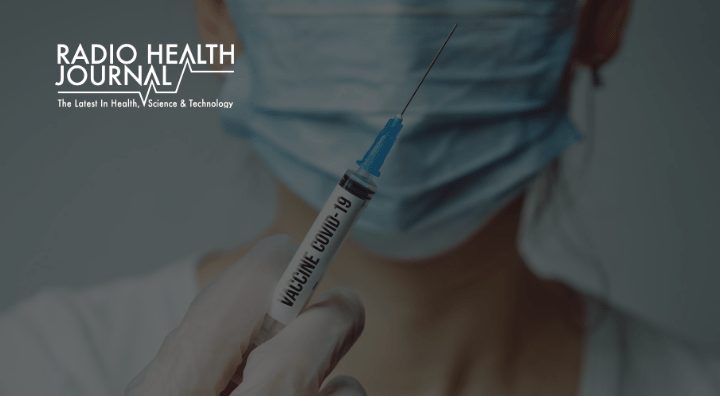
Development of a coronavirus vaccine is proceeding at a breakneck pace. What needs to happen to make sure it’s safe and effective? And if a vaccine is successfully made, who should get it first?
Subscribe to get the latest from Radio Health Journal directly in your inbox.

